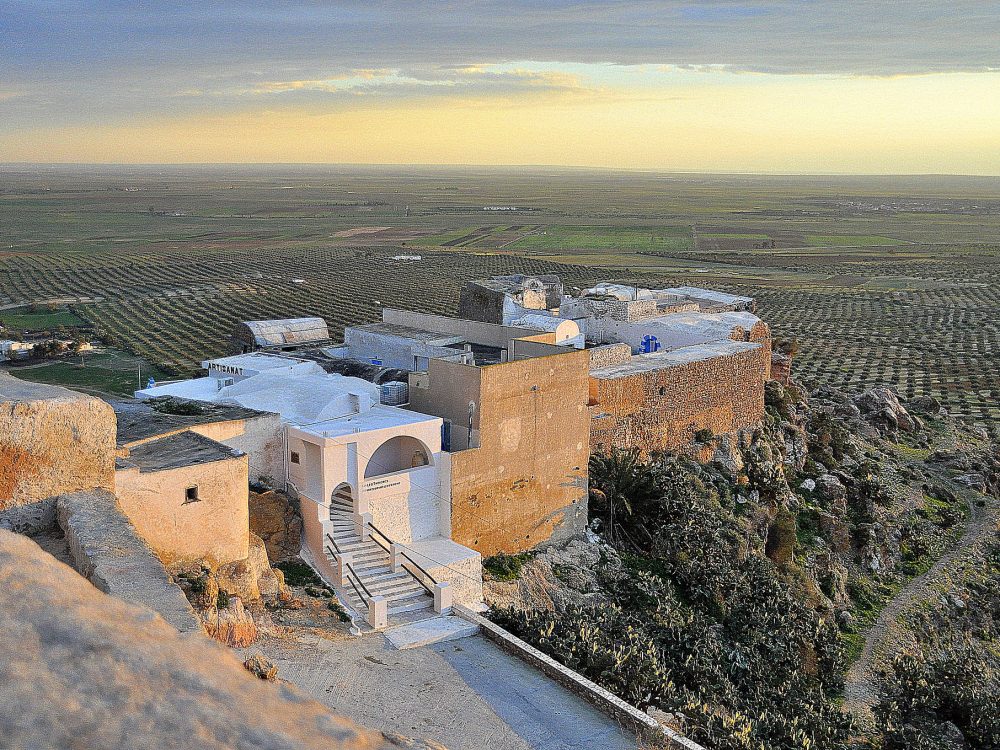Aligning Challenges and Goals in Nairobi: AMP Workshop 2018

Figure 1: AMP Workshop participants brainstorming what solutions would best address their challenges
Global significance is often given to the concept of a ‘development expert.’ However, we believe that the best experts are often our partners and clients themselves, who truly understand challenges on the ground, know what works, and know what doesn’t. Through our biennial Aid Management Program (AMP) Good Practices Workshop, we are able to tap into this rich knowledge base, bringing together the experts working on the AMP within each country government. This year’s workshop took place on July 11-12, 2018, in Nairobi, Kenya. It gathered individuals from seven different countries to share lessons, discuss challenges and solutions, and chart the way forward for the AMP program. AMP works across West Africa, East Africa, Southeast Asia, Central Asia, the Balkans, the Caribbean, and Central America – and regional experiences vary widely, but what makes the Workshop unique is that it continually highlights how AMP country challenges, aspirations, and goals are often quite similar.

Figure 2: Sharing thoughts and insight with the group
This year’s theme was “The Art of Aid Management: How to Simplify and Beautify your Processes,” and we pushed participants to think creatively about AMP as a decision making tool and streamlining processes to best complement – and influence –country policy and strategy. Sessions varied throughout our two days in Nairobi – from presentations by country government attendees on their own good practices, design thinking and group discussion sessions exploring how to improve AMP tools and processes for all users, and hands-on sessions learning new skills such as how to explore and use IATI data, and how to make quick AMP training videos.
So what insights did this year’s attendees take away from the workshop? Some of them shared,
“I wanted to learn from the other countries how they were using the AMP in policy issues. From the presentation by Cote d’Ivoire, I can see that countries have support from the high level. It’s something we’ve learned from and want to move forward with so that AMP is taken seriously in policy.”
“Meeting here, we realize that the difficulties we meet are the same difficulties of other countries, and when we are together we try to come up with solutions, and we’ll go back with some ideas, such as integration of information, and incorporating NGOs data in the system.”
“Regarding the discussion we had here, we have a clear idea of how to improve our visibility. We have a long-term visibility plan, which is a big advantage.”
“Especially the discussions with Haiti, where we had challenges, they showed us how to surmount them, which was a great experience for sharing.”
“At first I was reluctant to come, but I actually learned many things…In my country we have difficulty owning the tool. It’s important that we explain how useful this tool can be. It’s important that I share this experience, and think it’s good that I came.”
“I really learned a lot, especially with Cote d’Ivoire, we faced a few challenges and were able to sort them out, and once we are back home will be able to see how we can move forward.”
As for broad Workshop takeaways, we found shared challenges including tracking Technical Assistance and integrating NGO funding into AMP: two things that we will be working with our country partners on in the coming months. Participants particularly enjoyed the hands-on session on creating training videos that can be shared to offset high turnover, or used during trainings without internet. Participants learned a lot from one another, each sharing something they planned to implement upon returning home. And at DG, we look forward to building upon what we learned from workshop participants in Nairobi, continuing to make AMP tools and the processes surrounding it the best that they can be.

Figure 3: Gathering problem solving ideas during our collaborative design thinking session
Additionally, we are pleased to share that in the coming weeks, we will be posting a retrospective blog series on the AMP program. We’ll be highlighting how AMP as a flagship has supported – and continues to support – DG’s strong foundation in user-driven technology tools. Additionally, we’ll share perspectives on the importance of open source software, the strong partnership ecosystem we have built through AMP, and how AMP has evolved since the first implementation in Ethiopia in May 2005.
Share This Post
Related from our library

How Useful Is AI for Development? Three Key Lessons
The development world is buzzing with excitement over the idea that new and emerging applications of AI can supercharge economic growth, accelerate climate change mitigation, reduce inequalities, and more. But what does this look like in real life?

The Future of Technology Governance and Global Development: Why DG Brought DataReady In-house
DG is excited to announce we now have more robust data governance advisory services with the recent integration of DataReady.

At a Glance | Tracking Climate Finance in Africa: Political and Technical Insights on Building Sustainable Digital Public Goods
In order to combat the effects of climate change, financing is needed to fund effective climate fighting strategies. Our white paper, “Tracking Climate Finance in Africa: Political and Technical Insights on Building Sustainable Digital Public Goods,” explores the importance of climate finance tracking, common barriers to establishing climate finance tracking systems, and five insights on developing climate finance tracking systems.